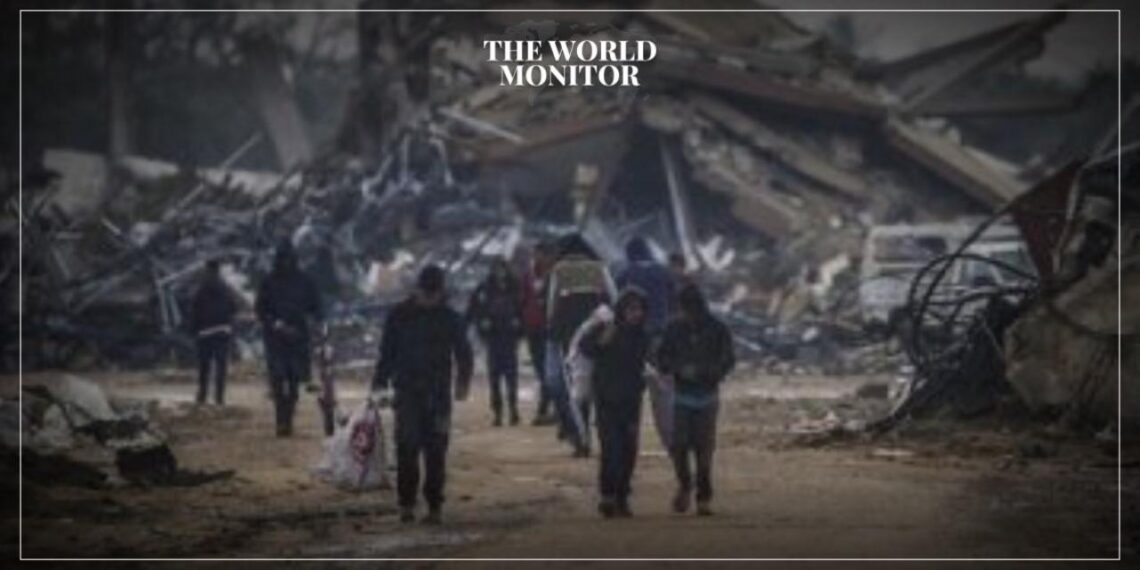The Commissioner-General of the United Nations Relief and Works Agency for Palestine Refugees in the Near East (UNRWA), Philippe Lazzarini, has reported that 625,000 children in Gaza have lost an academic year, including 300,000 students enrolled in UNRWA schools.
This statement was made during an interview with the Global Education Cluster, which is managed by UNICEF and focuses on education in emergencies and protracted crises. Lazzarini shared excerpts from this interview on his account on the platform “X.”
According to the Palestinian news agency “Wafa,” Lazzarini stated, “Nearly 70% of UNRWA schools have been bombed, highlighting a blatant disregard for international humanitarian law.”
He further noted that “95% of these schools were used as shelters for displaced people when they were bombed.”
Lazzarini emphasized that “this war is also affecting tens of thousands of children in the West Bank, as their schools are intermittently closed due to Israeli military operations.”
He warned that “the longer children remain out of school, the harder it will be for them to recover from the loss of learning. They are also at greater risk of violence and exploitation.”
He stressed that “the impact of this war on children is enormous, particularly on their mental and psychosocial health, with long-lasting consequences.”
Lazzarini added, “We must return them to learning as soon as possible to mitigate the severity of the damage they have suffered,” noting that “UNRWA has resumed learning activities in Gaza and is working to expand them to reach more children.”
He affirmed that “education is a fundamental human right, and children’s access to quality education should not be compromised.”
He also highlighted “the deep appreciation Palestinians have for education, as it is the one investment that cannot be taken away from them.” He added, “Ask any Palestinian, and they will tell you that their children’s education is their pride and joy. The people in Gaza feel profound pain because their children have lost so much, including their education.”






